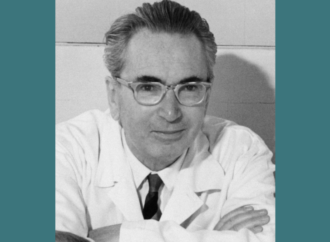Most Read from past 24 hours
Mainstream Media Committed Suicide – But Is Alt-Media on the Same Path?
- Culture, Featured, Politics, Western Civilization
- February 19, 2026

Only in movies and books is the line between good and evil people always clear. In The Gulag Archipelago (Vol. 2), Aleksandr Solzhenitsyn immortalized these words: “The line separating good and evil passes not through states, nor between classes, nor between political parties either—but right through every human heart—and through all human hearts.” Solzhenitsyn wrote those
READ MORE
A contemporary writer on Stoicism, Ryan Holiday, recently observed: Professional writers quickly learn one reality of the job: you have more bad days than good days. It’s the rare day that the writer finds that the words come out exactly the way they were in their head. More often, one is disappointed, distracted, struggling, committed
READ MORE
We want to think that the line between good and evil is clear and that individuals fall into one camp or another. In The Gulag Archipelago, Volume 1, Aleksandr Solzhenitsyn wrote, “If only it were all so simple! If only there were evil people somewhere insidiously committing evil deeds, and it were necessary only to separate
READ MORE
Cicero said history “casts light on reality and is a guide to life.” The wisdom gained by understanding the past helps prevent the same errors from being repeated. Sebastian Haffner pursued answers to the questions of how the Nazis rose to power in Germany and why the German people did not stop them. In 1939, he wrote
READ MORE



